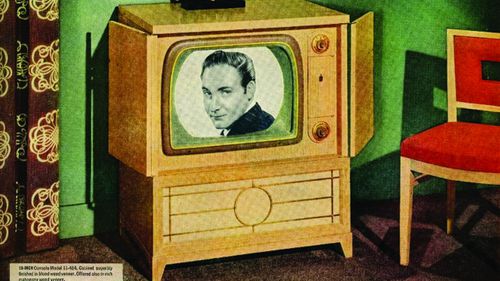Inside the mind of Ernest Ditcher: The Father of Modern Advertising
Jul 22, 2023 · 2 mins read
0
Share
In the 1930s, advertising was unsophisticated guesswork. People were surveyed at stores: Why did you buy this? Why not that? Their answers shaped what products were made and how they were advertised. Ernest Dichter, a young man, believed he knew a better way...
Save
Share
Cold mailing in 1939. Ernest Dichter sent 6 unsolicited letters to big American corporations. He said he had "some interesting new ideas" which could help them "sell more and communicate better." His big idea was that people buy not product, not features, but an image, a feeling.
Save
Share
Dichter discovered that people bought soap not for utilitarian purposes but to feel fresh and ready for the world. He reworked some ads to reflect this feeling and sales increased. He increased car sales by advertising in female magazines, even though men were the buyers. How?
Save
Share
Dichter noticed that while men bought the cars, they always brought along their wives before making the final choice. This is why the wives were important. Ditcher tapped into the female psyche again to solve the cake mix problem. Manufacturers were facing a strange conundrum...
Save
Share
Easier is better, right? Not when you’re trying to sell cake mix to mothers who associate effort with love. Companies made cake mix that only needed water in the 1950s and women stopped buying. Dichter said: let them work a little. Make them add water and eggs. Sales increased!
Save
Share
The Economist in a article about Dichter: "People seek out products that correspond with the group they want to associate with. Every object has a special meaning—one that often relates to sex, insecurity or a desire for prestige." Dichter's talent? Mining for these meanings
Save
Share
Dichter on why humans smoke cigarettes: "The capacity to summon fire inevitably gives every human being, child or grownup the sense of power. Reasons go far back into man's history... the ability to control fire is an age-old symbol of man's conquest of the physical world."
Save
Share
Dichter invented the concept of brand image, which is at the heart of marketing today: "What people actually spend their money on in most instances are psychological differences, illusory brand images." He was among the first to see the irrational urges behind buying decisions.
Save
Share
The Economist: "Dichter's case history is a fascinating mix of outlandish ideas and now-conventional solutions. To elevate typewriter sales, he suggested the machines be modelled on the female body, 'making the keyboard more receptive, more concave.'"
Save
Share
Dichter's deepest idea was that in a chaotic, atomized world, brands are replacements for the "family tree." In brands we find our identity. We relate to those who wear the same brands and drink the same coffee. What we consume determines what communities we land up in...
Save
Share
0
